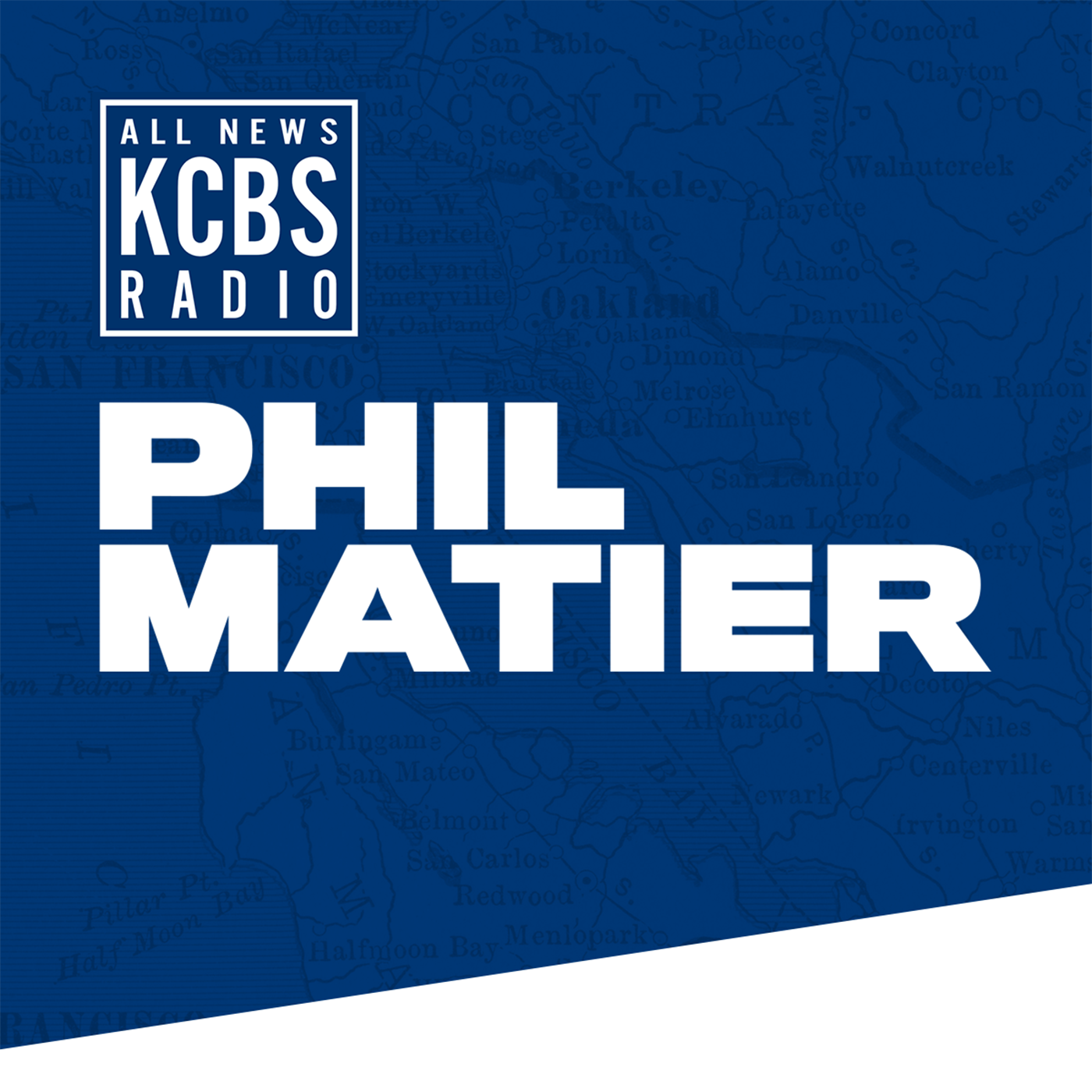
Gov. Gavin Newsom on Monday approved a tax raise on e-cigarettes - designed to both discourage Californians from purchasing the dangerous products and generate funds for various social programs.
Senate bill 395 assigned a 12.5% tax on all e-cigarettes, drawing it closer to tariffs levied against other tobacco products, according to the Los Angeles Times.

"Vaping has become increasingly popular despite the risks," State Senator Caballero, who authored the bill, told the paper. "This is especially evident among our youth, and made worse by the availability of youth-appealing flavors such as gummy bears and cotton candy."
Caballero said the legislation is meant to specifically deincentivize young people under 21-years-old from buying the devices, the age when it’s legal to use tobacco products.
"The idea is that vaping is seen as a way to induce kids into tobacco and indeed a CDC study in 2020 is showing that one in 5 high schoolers vaped and one in 20 middle schoolers vaped," KCBS Radio Insider Phil Matier said.
"The fact is it is seen as a gateway."
Tony Abboud, executive director of the Vapor Technology Association, a trade organization for the e-cigarette industry, told the paper he opposed the bill because this will direct young people to other more dangerous tobacco products such as cigarettes.
Meanwhile, the American Cancer Society, American Lung Association
and California Medical Asociation all support the law.
The legislation comes one year after Newsom approved a ban on flavored tobacco products, like e-cigarettes, but the measure remains on hold because the tobacco industry gain enough signatures to qualify it for the 2022 November election.
"It’s kind of ironic. He's signing a bill to add a new tax to something that he’s hoping to be banned and that the companies are fighting to keep the tax, or at least the sales going tax or no tax," Matier noted.
The tax is projected to generate $38.4 million in revenue for the state, which will be used to fund seven different programs including early childhood education, public health education and grants to students from disadvantaged communities pursuing an education in the health field.

